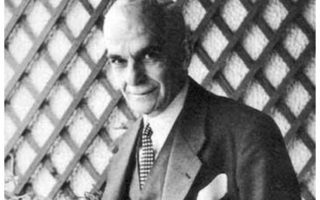The Israeli elections and Greece

Crucial elections are taking place on Tuesday in Israel, presenting a real threat for Prime Minister Benjamin Netanyahu’s hold on power. The Blue and White alliance of centrist opposition parties has been performing very well in public opinion polls and appears to be on a par with the governing right-wing Likud.
The future course of Israel is, naturally, up to the country’s voters. Israelis will choose their leaders. For their part, what Greeks are interested in is the continuation of the close political, military and economic ties we – along with Cyprus – have forged with Israel in recent years. And all signs point to there being little change on this front, irrespective of the result in Tuesday’s voting.
Athens has invested in this partnership very carefully in the past few years. The initiative was launched by former premier George Papandreou, on the back of specific regional developments, and continued by Antonis Samaras, who ignored some skeptics inside his conservative party and went on to strengthen his predecessor’s overture. The policy was continued by Prime Minister Alexis Tsipras, against some initial concerns by Israelis that he might deviate away given the Left’s traditional opposition to Israel, mainly because of sympathy with the Palestinian cause.
On this front, as on so many others, the prime minister switched course and not only maintained, but further enhanced the bilateral partnership, as well as the trilateral cooperation with Cyprus.
As has become the case in the Greek political world, the Israeli establishment views this close cooperation as a long-term strategic objective, regardless of which party is in power, and the centrist opposition understands and wants to build on the strategic advantages of the security framework being designed in the Eastern Mediterranean. Some officials in the opposition camp have been adopting a particularly aggressive stance toward Turkey, pursuing a line similar to that followed by Netanyahu.
A striking example is that of former – and possibly future – defense minister Moshe Ya’alon, who has openly accused Ankara of supporting terrorism and collaborating with the so-called Islamic State.
As one Jewish-American lobbyist told this writer at the recent American Israel Public Affairs Committee (AIPAC) conference in Washington, regardless of who wins Tuesday’s election in Israel, “the strategic democratic line from Jerusalem to Athens is here to stay.”





